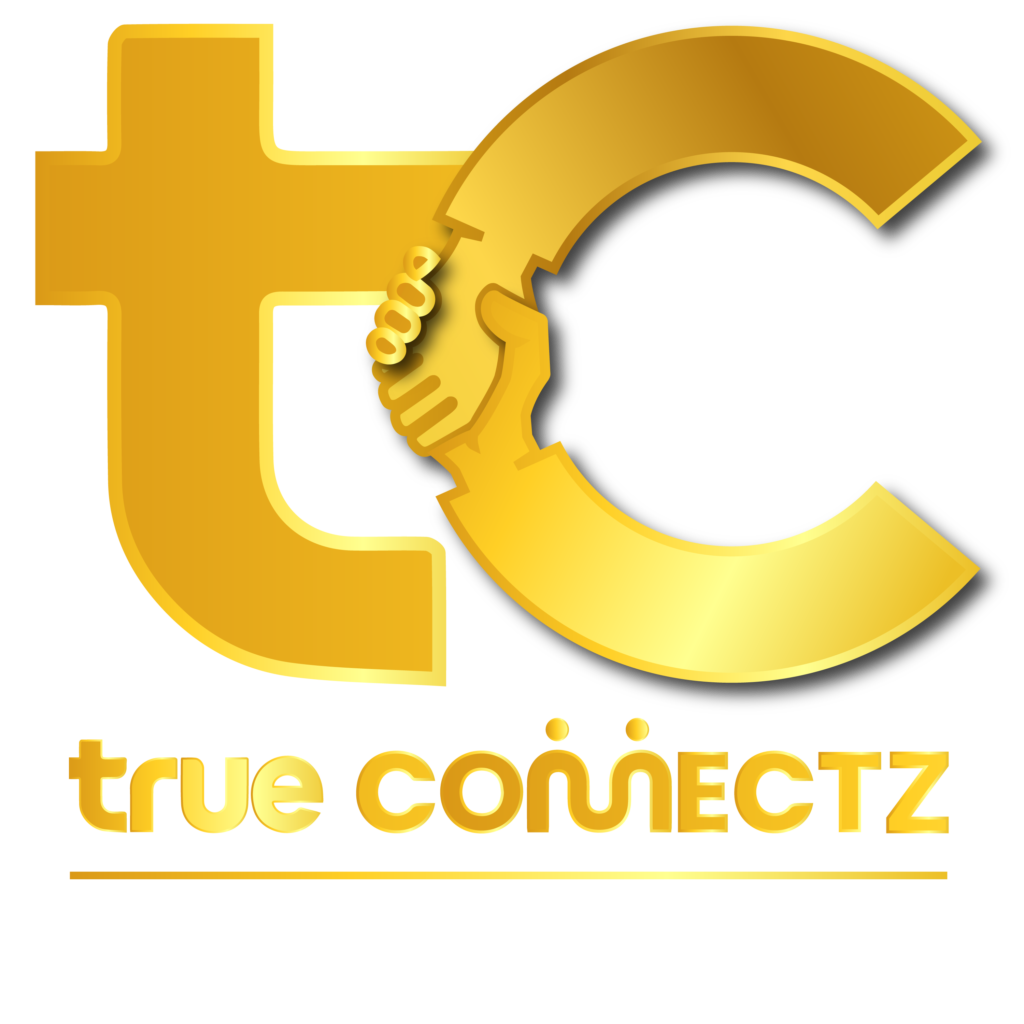In today’s ever-evolving business landscape, maintaining HR compliance is more critical than ever. Ensuring that your organization adheres to all relevant labor laws, workplace regulations, and internal policies isn’t just about avoiding penalties—it’s about fostering a culture of fairness, safety, and responsibility. Yet, for many companies, navigating the maze of regulations can be overwhelming. In this blog, we’ll explore the importance of HR compliance, its challenges, and best practices for staying ahead of regulatory changes.
Why HR Compliance Matters
At its core, HR compliance is about following employment laws and workplace regulations set forth by governing bodies. These laws are designed to protect both employees and employers, ensuring that workplaces are fair, safe, and respectful. Compliance impacts various areas of business, including:
- Hiring Practices: Ensuring non-discriminatory and fair hiring processes.
- Wages and Benefits: Adhering to minimum wage laws, overtime regulations, and benefits requirements.
- Workplace Safety: Maintaining a safe work environment that follows OSHA and other safety standards.
- Employee Rights: Protecting employee rights regarding privacy, leave policies, and fair treatment.
Failure to comply with these regulations can result in costly fines, lawsuits, and even damage to your company’s reputation. More importantly, non-compliance can lead to employee dissatisfaction, high turnover rates, and a toxic work environment, which hinders productivity and growth.
Challenges of Maintaining HR Compliance
Keeping up with HR compliance is no small feat. Laws and regulations are constantly changing, and what was compliant last year may not be today. Some of the common challenges businesses face include:
- Complex and Changing Laws: From local and federal labor laws to industry-specific regulations, staying updated on what’s required can be difficult. Changes in tax laws, healthcare reforms, or new data protection rules often require businesses to adapt quickly.
- Documentation and Record-Keeping: Accurate record-keeping is essential for compliance, but managing employee records, payroll documentation, and legal paperwork can be time-consuming without proper systems in place.
- Training and Awareness: Even with the right policies in place, employees and managers need to be regularly trained and informed about compliance practices. Lack of awareness can lead to unintended violations.
- Balancing Compliance with Company Culture: While adhering to regulations is non-negotiable, businesses often struggle to implement policies in a way that aligns with their company culture and values.
Best Practices for Ensuring HR Compliance
To stay ahead of regulatory changes and minimize compliance risks, organizations need to adopt a proactive and structured approach. Here are some key practices to follow:
- Stay Updated on Labor Laws: Regularly monitor changes in labor laws and regulations that impact your industry and location. Subscribe to newsletters from labor law agencies, attend HR conferences, and consult with legal experts to stay informed.
- Audit Your HR Policies: Conduct regular audits of your HR policies and procedures to ensure they are up-to-date and compliant with current laws. This includes reviewing hiring practices, employee handbooks, payroll processes, and safety protocols.
- Implement Robust Documentation Systems: Ensure that you have an efficient system in place for tracking and storing employee records, benefits information, payroll documentation, and other important compliance data. Proper documentation is your first line of defense in the event of an audit or legal dispute.
- Provide Ongoing Training: Regularly train your HR team, managers, and employees on compliance-related issues. This could include anti-discrimination laws, workplace safety regulations, and data protection policies. Training helps reinforce the importance of compliance and reduces the risk of accidental violations.
- Work with HR Experts: If maintaining compliance seems overwhelming, consider partnering with an HR consultancy firm that specializes in compliance management. HR experts can provide tailored solutions, perform audits, and ensure your organization remains compliant with all necessary regulations.
The Long-Term Benefits of HR Compliance
While maintaining HR compliance can seem like a burden, the long-term benefits far outweigh the initial efforts. By ensuring that your organization complies with labor laws and workplace regulations, you build trust with your employees, reduce the risk of legal issues, and foster a positive work environment. Moreover, companies that prioritize compliance are better positioned to attract and retain top talent, as they demonstrate a commitment to fairness and employee well-being.
In conclusion, HR compliance is an essential aspect of running a successful business. It not only helps you avoid costly penalties but also supports a healthy and productive workplace. With the right strategies, tools, and expert support, your organization can stay ahead of the regulatory curve and continue to thrive.
